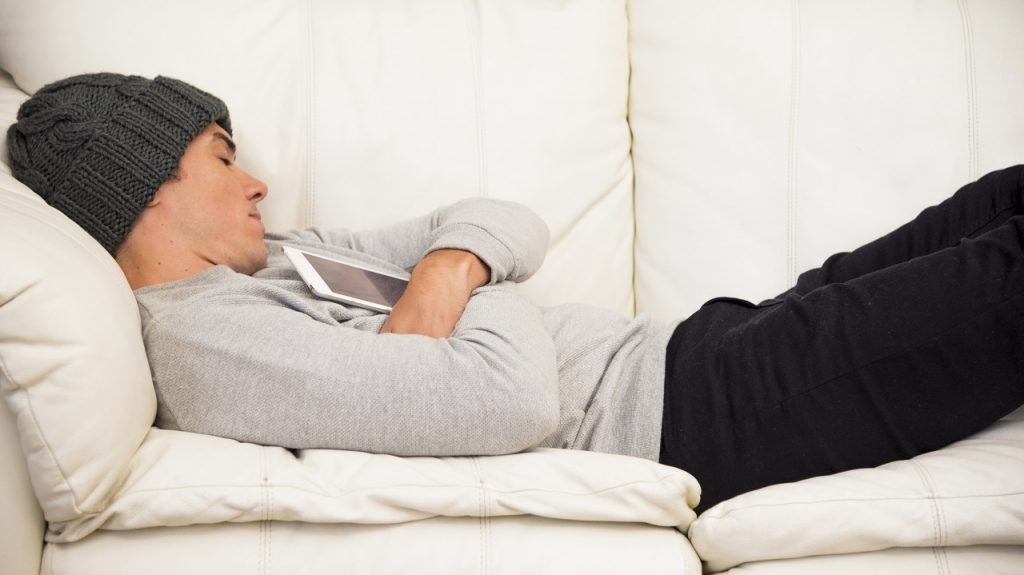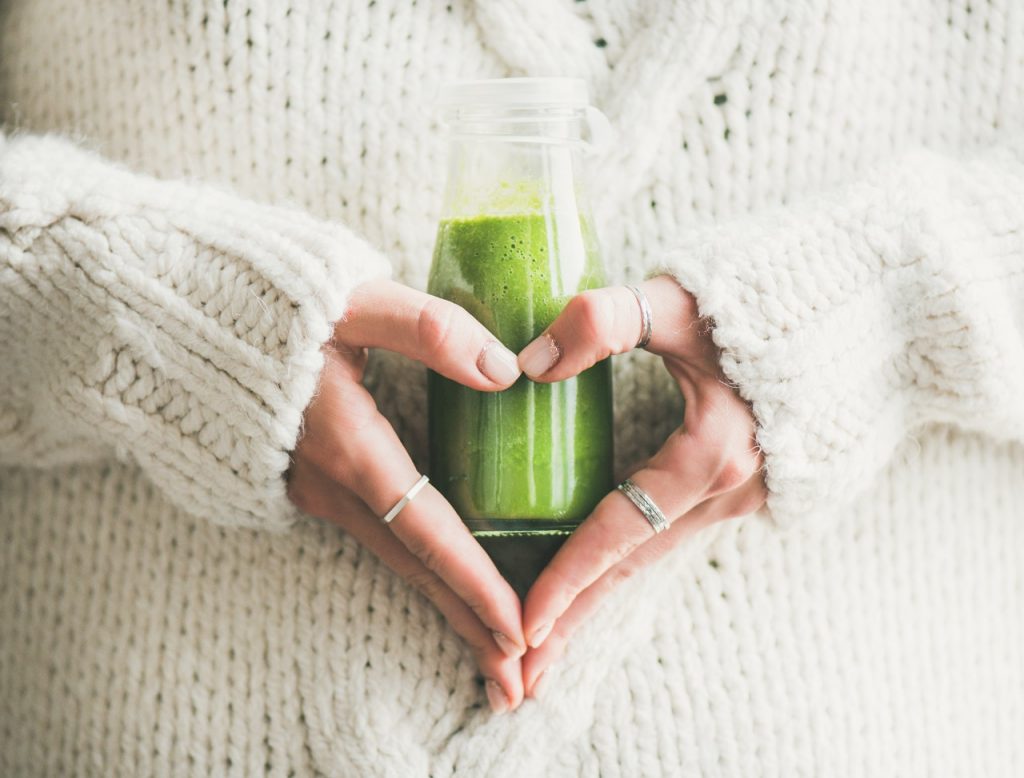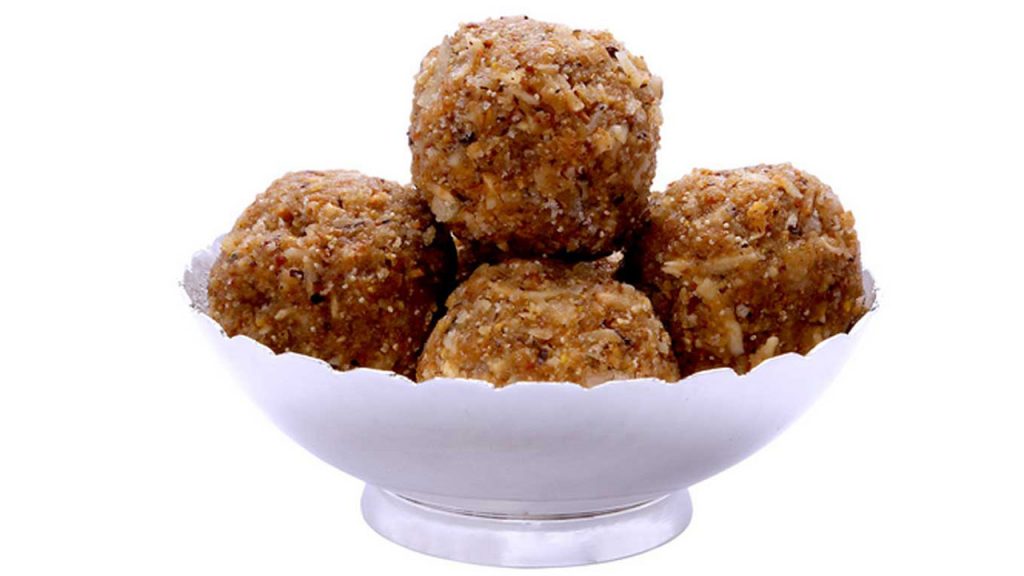
Maintaining immunity during winter is imperative, especially for seniors. It’s quite crucial to take care of their nutritional needs as they face the greatest risk of cold and flu viruses and issues like joint pain, hypothermia (which may also lead to stroke or heart attack), dry skin, aggravation of asthmatic attacks or respiratory problems. So, let’s look at some nutrition guidelines for seniors during winter!
Nutrition Guidelines For Seniors
Some daily dietary nourishment tips that can help seniors tackle common winter problems include:
- Omega-3 fatty acids: Fatty fish like salmon, tuna, mackerel, walnuts, flaxseeds, chia seeds and avocado are some excellent sources of Omega-3 fatty acids. Omega-3 fatty acids are beneficial in reducing inflammation especially in arthritis, curbing heart disease and they also play a role in cognitive development in elderly.
- Seasonal fruits and vegetables like all the leafy greens, berries, citrus fruits, root vegetables like beetroot, carrots and sweet potatoes. All of these are high in antioxidants, vitamins, minerals and dietary fiber which help easing the bowels.
- Winters mean less exposure to the sun which may be a reason for Vitamin D deficiency and impaired calcium absorption which affects bone health further. Hence, Vitamin D fortified cereals, egg yolk, milk and milk products need to be a part of the diet regularly.
- The cold climate leads to less water intake due to the urge to urinate frequently which can act as a hindrance to our elders to maintain optimal fluid intake. Inclusion of warm soups, decaffeinated beverages, warm milk, vegetable juices, citrus fruits and gourd vegetables help them in maintaining the hydration status. A well hydrated body aids good digestion, helps in transport of nutrients and also improves the performance of joints and muscles.
- Habituate elders to have 5-6 small but frequent meals. It is essential for improving metabolism, regulating insulin levels and improving calorie intake in older individuals who face a diminished appetite.
Apart from good nutrition, maintaining some basic physical activity within the vicinity of the house is equally important to reduce joint pains and muscle stiffness by improving blood flow to all parts of the body and aiding better digestion and good metabolism.
We hope these nutrition guidelines for seniors during winter helps you take care of the elderly in your family and around you. Do leave your thoughts in the comments below. For more on healthy living for senior citizens, check out Healthy Reads or ask a GOQii Coach by subscribing for Personalised Health Coaching here.
#BeTheForce
Disclaimer: The information provided in this blog is for general awareness and educational purposes only. It is not intended to replace professional medical advice, diagnosis, or treatment. Always consult a qualified healthcare provider for personalised medical guidance or concerns related to your health. Images shown are for representation purposes only and may not depict the exact recommendations or outcomes.






